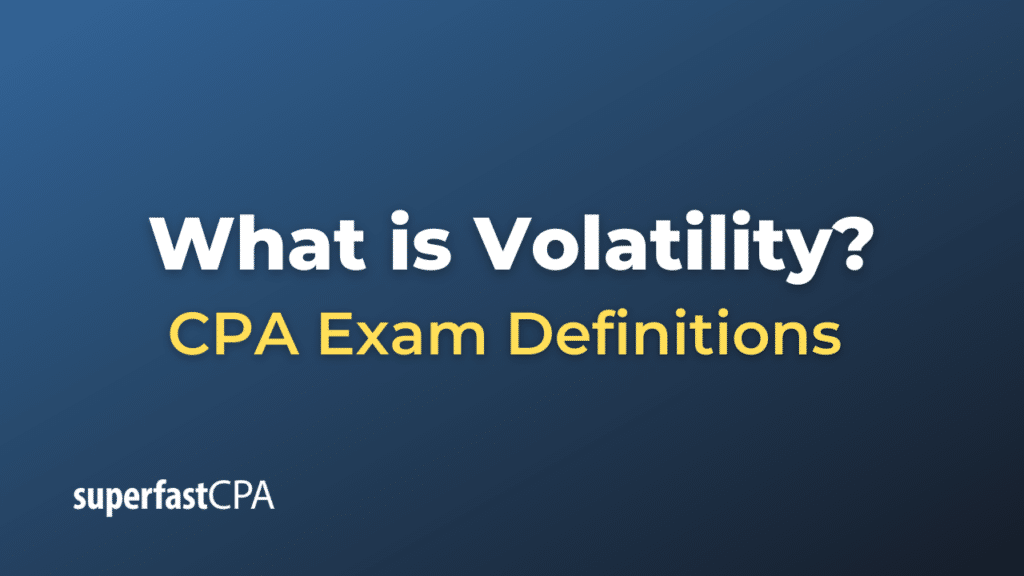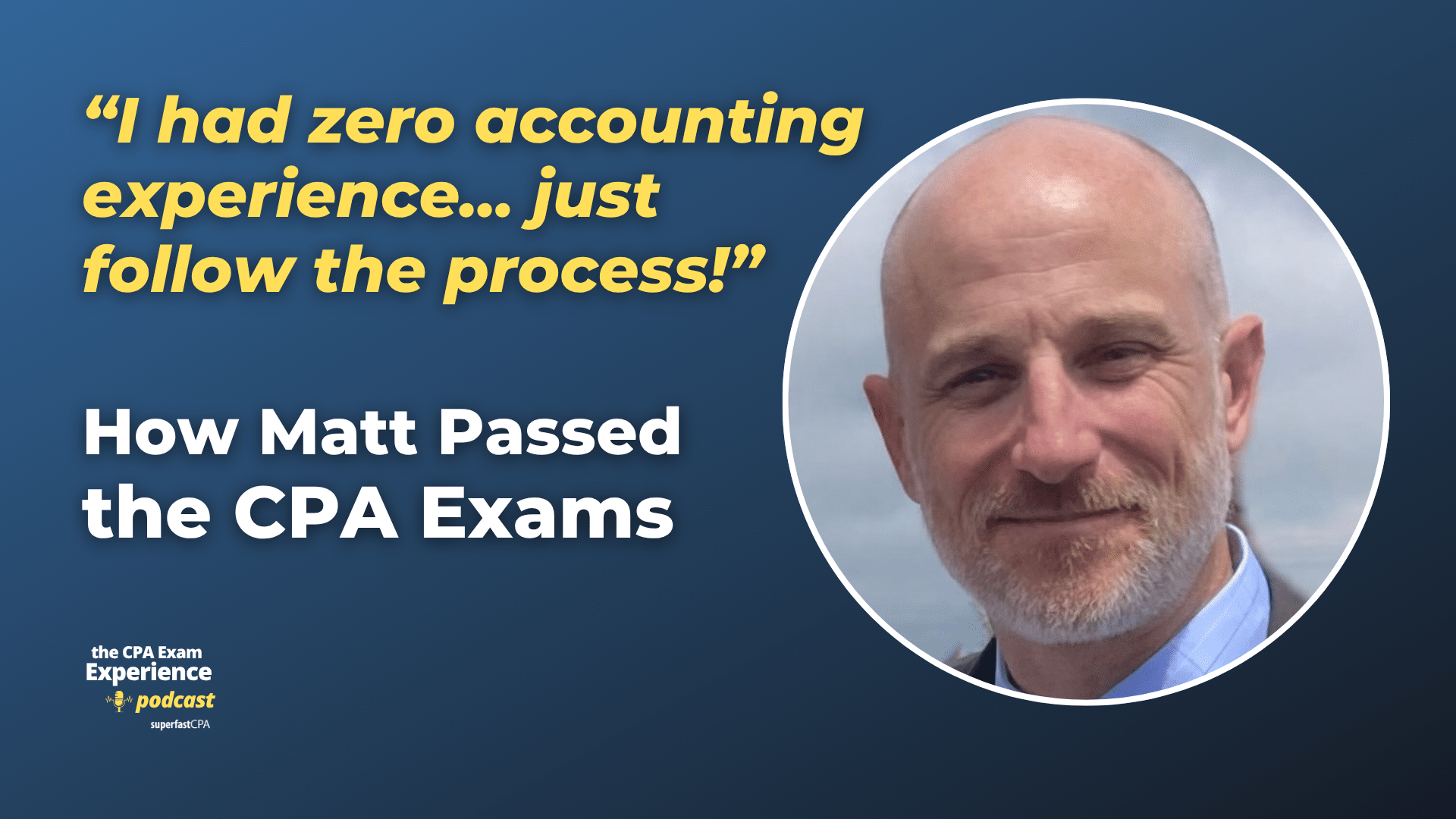Volatility
In the context of accounting, the term “volatility” is not typically used in the same way it is in finance, where it refers to the statistical measure of the dispersion of returns for a given security or market index. However, the concept of volatility can still be relevant in accounting, especially as it relates to financial risk management, planning, and analysis.
Volatility in Accounting Context:
- Revenue and Expense Volatility: Accountants may look at historical trends to identify volatility in revenues and expenses. High volatility could indicate a less predictable and potentially riskier business environment, which may require additional planning and reserves.
- Cash Flow Volatility : Inconsistent cash flows can create challenges in maintaining operations, repaying debt, and planning for capital expenditures. Accountants may flag this kind of volatility as a risk factor.
- Foreign Exchange Risk: For multinational corporations, accounting for foreign exchange rate changes can introduce volatility into financial statements. Accountants may use hedging strategies to minimize this risk.
- Commodity Price Volatility: Companies that rely heavily on certain commodities (e.g., oil, metals, agricultural products) may face volatility in costs. Accounting practices might include strategies to manage or hedge against this risk.
- Interest Rate Volatility: Companies with variable rate loans face risk from interest rate volatility. Accountants may discuss strategies like interest rate swaps to mitigate this risk.
- Asset Valuation: The volatility of the market value of assets (e.g., investments, real estate) could impact balance sheet valuation and require impairment tests.
- Budgeting and Planning: Accountants may incorporate assumptions about various kinds of volatility into budgets and financial projections, perhaps creating multiple scenarios to explore the potential impact of different levels of volatility.
- Financial Reporting: Volatile items may require special disclosure in financial statements, in the footnotes, or in the Management’s Discussion and Analysis section to adequately inform stakeholders of additional risks.
- Sensitivity Analysis: Accountants may perform a sensitivity analysis to understand how different types of volatility affect key financial metrics like net income, EBITDA, and cash flow.
While the term “volatility” is not a standard accounting term, the concept can be highly relevant in understanding the financial stability and risk exposure of a business. Proper accounting practices aim to identify, measure, and manage the impact of various forms of volatility on the financial statements and the business as a whole.
Example of Volatility
Let’s consider an example involving a fictional manufacturing company called “StableMakers Inc.” that produces industrial machinery. The company operates in both the United States and Europe and faces different types of volatility that affect its accounting and financial planning.
Example of Volatility Types:
- Revenue Volatility: StableMakers Inc. experiences significant fluctuations in quarterly sales, especially due to the cyclical nature of the industries it serves. This volatility is a challenge for budgeting and cash flow management.
- Foreign Exchange Risk : As the company also has operations in Europe, it is exposed to foreign exchange risk due to currency fluctuations between the U.S. Dollar and the Euro. This introduces volatility into the reported revenue and expenses.
- Commodity Price Volatility: StableMakers Inc. relies on steel and aluminum for manufacturing. The fluctuating prices of these commodities introduce volatility into production costs.
Accounting Responses to Volatility:
- Revenue and Expense Volatility: To address this, the accounting team maintains a contingency reserve and performs rigorous cash flow forecasting. They prepare “best case” and “worst case” scenarios to help the company make informed decisions.
- Foreign Exchange Risk: The accounting team uses hedging strategies like forward contracts to lock in exchange rates for future transactions. This strategy helps mitigate the impact of foreign currency fluctuations on the financial statements.
- Commodity Price Volatility: To tackle this, the accounting team recommends entering into long-term contracts with suppliers at fixed prices or using commodity futures contracts to hedge against price fluctuations.
- Financial Reporting: The company discloses all these volatility factors and their mitigation strategies in the footnotes of its annual report. This is done to inform shareholders and potential investors about the risks and how they are being managed.
- Sensitivity Analysis : The accounting team also performs a sensitivity analysis to understand how these types of volatility could affect the company’s net income and other key financial metrics. This analysis helps the management team plan for different economic scenarios.
- Stakeholder Communication: Because of these volatilities, management, with input from accounting, frequently updates stakeholders. They may issue revised earnings forecasts if revenue volatility is expected to have a significant impact on financial performance.
By proactively identifying and managing these types of volatility, the accounting team at StableMakers Inc. plays a critical role in risk management and strategic planning for the company. While volatility is not strictly an “accounting term,” its implications are deeply integrated into accounting practices, especially for companies operating in volatile environments.









